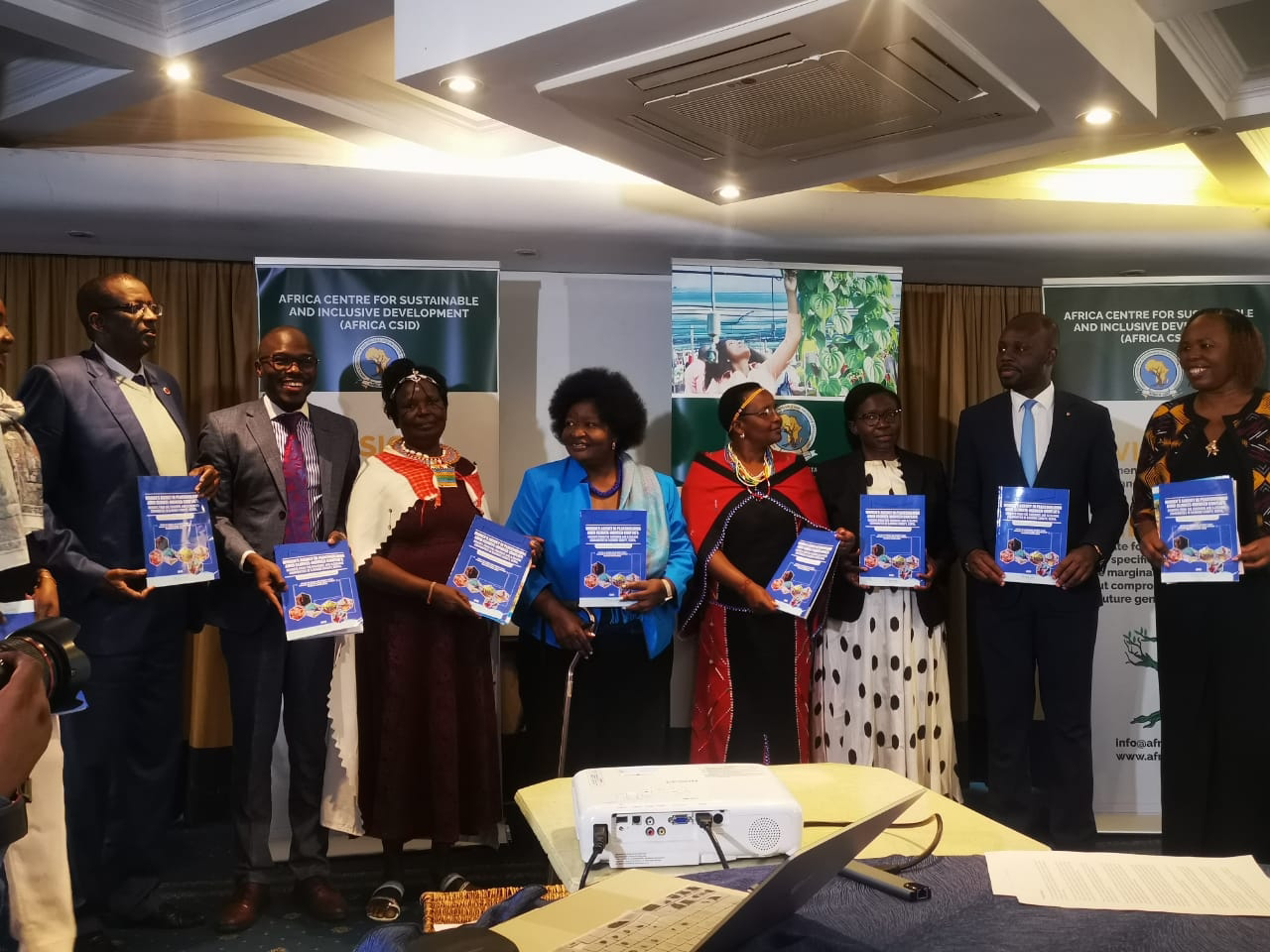Baringo Women Take Center Stage in Tackling Climate and Conflict, New Report Shows
By Bruno Onyango
The Africa Centre for Sustainable and Inclusive Development is proud to be part of the launch of this important report, which aligns closely with our core mission—amplifying the voices of marginalized communities and ensuring their meaningful inclusion in development processes. Development cannot be effective without the full participation of women, men, youth, and children, especially when addressing climate action, security, and gender equality. This report is not meant to sit on a shelf; it must reach the communities it represents, including the people of Baringo, whose experiences and voices shape its recommendations.
The report reveals troubling realities in Baringo County, where climate-induced conflict is affecting every segment of society. Children are being pulled from school to serve as child soldiers, with girls suffering from early pregnancies, forced marriages, and prolonged school absences. Boys are equally impacted, facing school dropouts and disrupted upbringings due to the absence of male role models, often lost to conflict. The breakdown of family structures and gender-specific roles within these communities calls for a holistic approach to peacebuilding that includes both men and women as central actors.
Our next steps are to work closely with policy and administrative bodies to translate these findings into actionable strategies. With support from Senator Moses Kajwang, Chair of the Parliamentary Caucus on Climate Action, and Baringo County officials—including chief officers and members of the county assembly—we aim to ensure this report informs both national and county-level legislation and policy frameworks. Collaborations with the Ministry of Interior and the Ministry of Environment will also help ensure that security and climate adaptation strategies are people-centered and gender-inclusive.
Importantly, the report’s recommendations originate from the community itself, not just from researchers. This makes their implementation a moral obligation. We call on all stakeholders—government, development partners, civil society, the private sector, academia, and the media—to play their part. Every recommendation has a role for someone, and it is only through a collective, inclusive effort that we can address these urgent challenges. Special focus will also be placed on enabling women and youth to organize and participate actively in peacebuilding.





Comments
Post a Comment